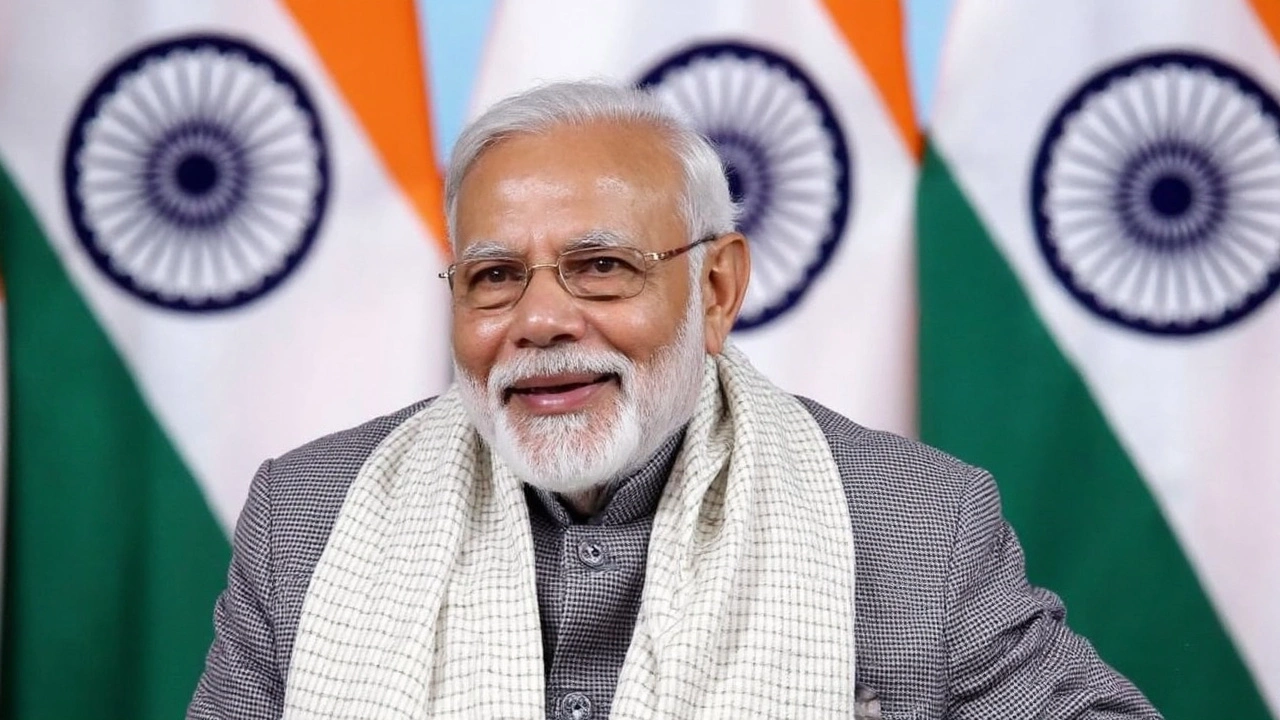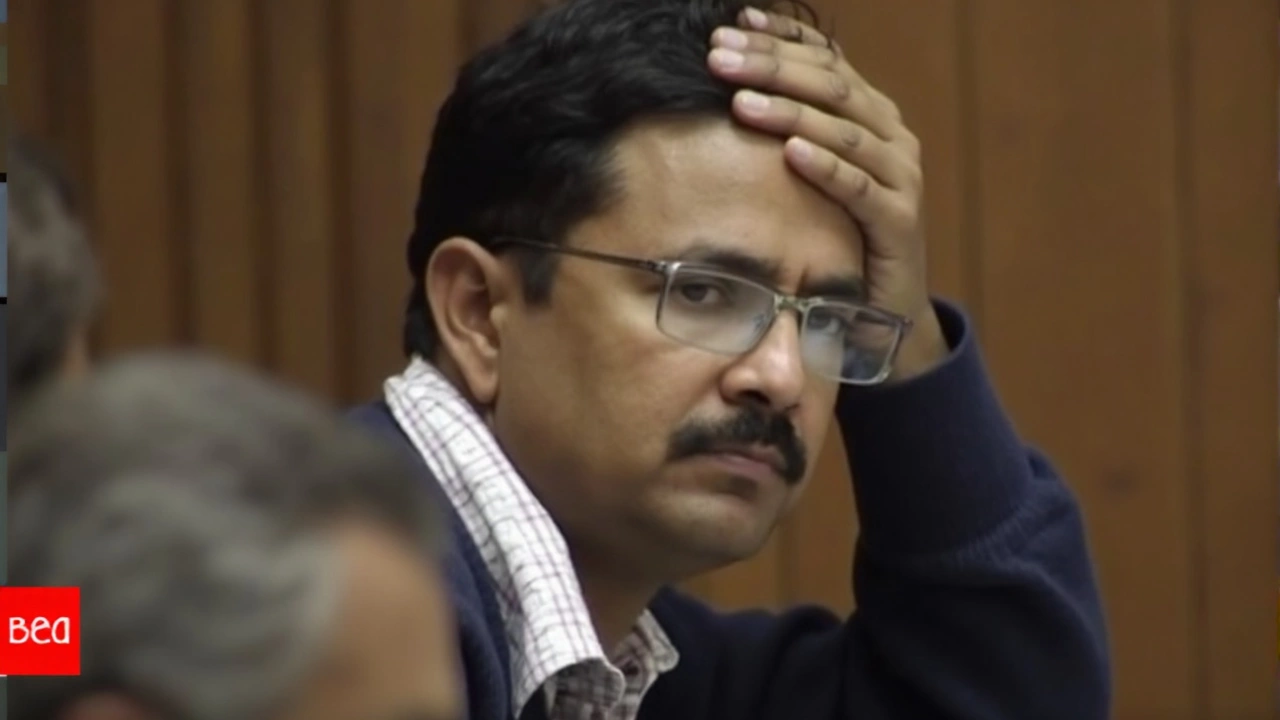The political landscape in Delhi took a dramatic turn in the 2025 assembly elections as the Bharatiya Janata Party (BJP) triumphantly ended the decade-long reign of the Aam Aadmi Party (AAP). Capturing 47 seats to AAP’s 23, the results were a clear testament to a newfound discontent among Delhi's voters. Let’s dig deep into why AAP faced such an unexpected, crushing defeat.
Disenchantment and the Corruption Shadow
For AAP, the weight of ten years in power brought more than just political fatigue—it exposed unkept promises. Residents grew increasingly frustrated with continued problems like pollution-choked air, stalled infrastructure projects, and dirty streets. While these unfulfilled vows added up, the corruption scandals were the final straw. AAP's top brass, including Arvind Kejriwal, was caught in a whirlwind of accusations. The infamous liquor policy scam and the opulent “Sheesh Mahal” controversy painted a stark picture of misuse of power. These charges triggered arrests at the highest levels, damaging the party’s credibility and alienating its core supporters.
Meanwhile, the BJP played its cards wisely, using these scandals to their advantage. By leveraging probes conducted by central agencies, they highlighted government corruption, giving their campaign a solid foundation.

Strategic Moves and Leadership Crises
The BJP didn’t just rely on AAP’s missteps; they crafted a strategic campaign that resonated with voters. High-profile rallies helmed by Prime Minister Modi and attractive announcements like Finance Minister Sitharaman’s income tax relief for the middle class gave voters a lot to ponder. This relief, exempting incomes up to ₹12 lakh, was a significant draw for many struggling with the rising cost of living. Congress also played a subtle yet significant role in AAP’s downfall. Under Rahul Gandhi’s leadership, Congress slammed AAP for its failures, effectively splintering the anti-BJP vote and indirectly boosting BJP’s tally.
As if that weren’t enough, AAP faced internal instability. Leadership crises emerged, with several senior figures resigning over governance disagreements, weakening the party’s unity. Veterans like Kailash Gahlot openly criticized the focus on political maneuvering over serving the public, creating a perception of a party adrift.
More blows came from accusations AAP launched against the BJP of voter fraud. However, these claims backfired, leading moderates to view them as mere distractions, further tarnishing its reputation during a critical period.
In a striking symbolic moment, key AAP leaders, including Arvind Kejriwal from New Delhi and Manish Sisodia from Jangpura, lost their strongholds to BJP rivals. Kejriwal’s defeat to BJP's Parvesh Verma by 4,089 votes was particularly telling, signaling the end of an era.
The BJP's enduring influence in the 2025 Delhi elections illustrates not just a victory over its rivals but a clear message from the electorate. The combination of dissatisfaction with AAP’s governance, strategic electoral maneuvers, and internal conflicts culminated in this dramatic shift. Delhi’s political arena now faces new dynamics and challenges as parties reflect on what these changes mean for the future.
